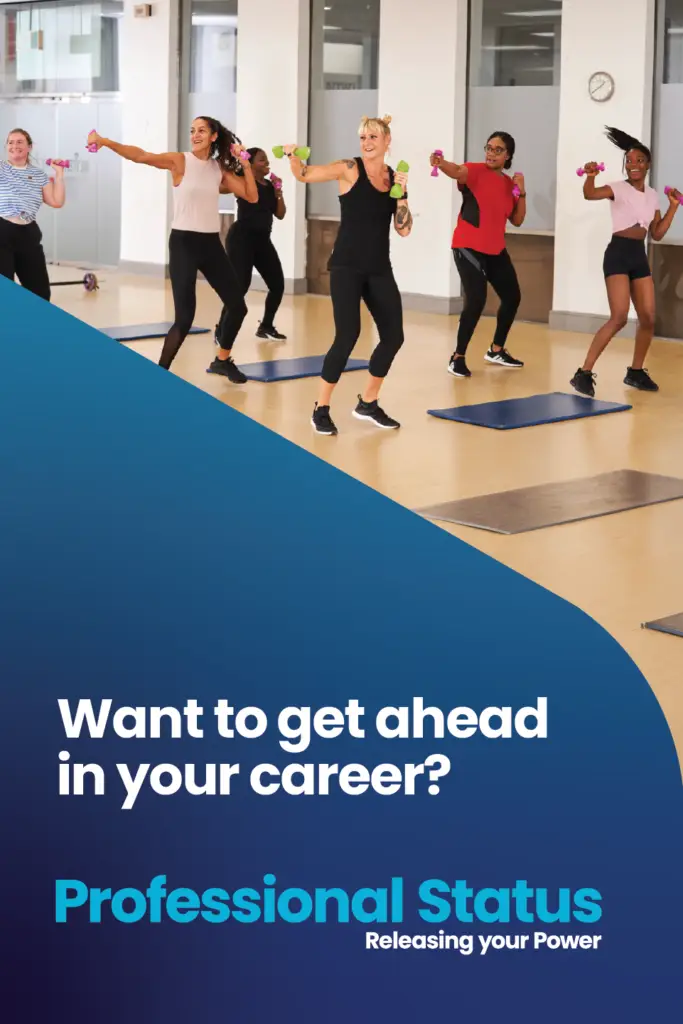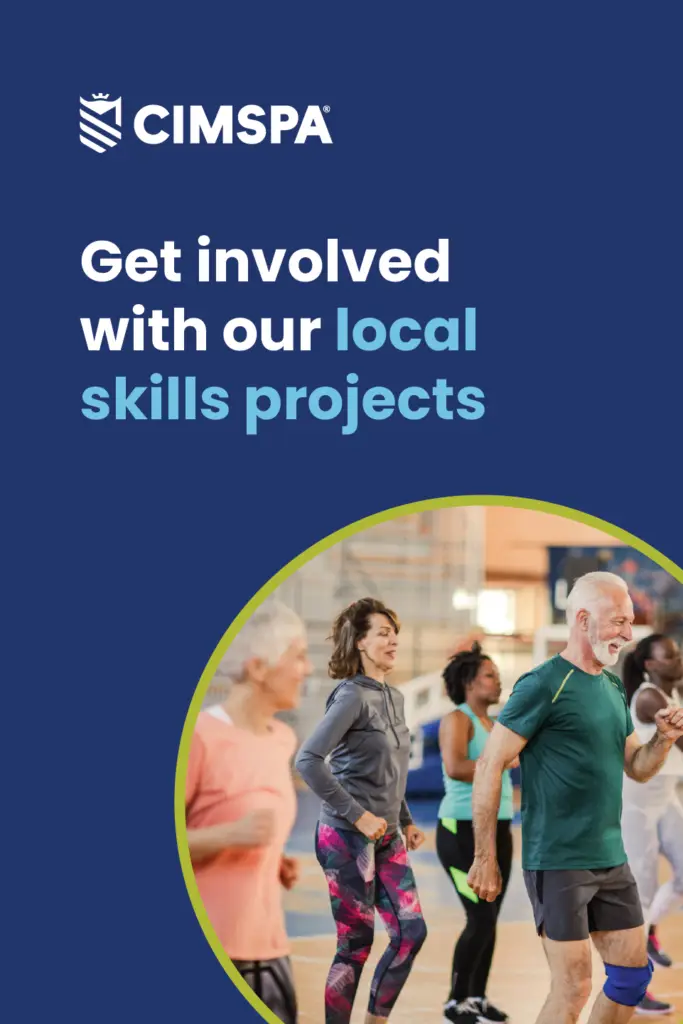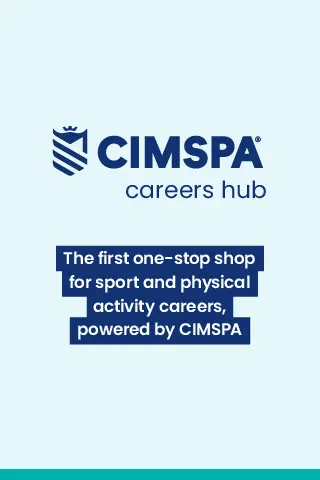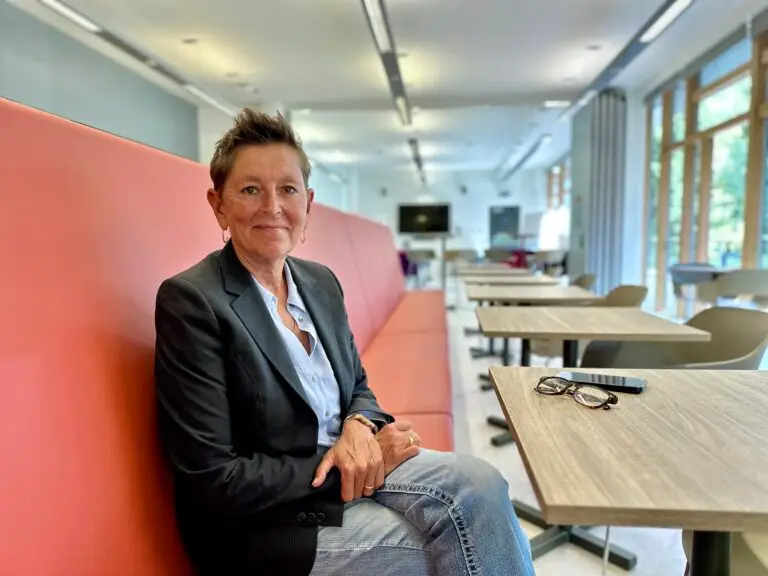First to achieve the coveted Chartered Coach Developer status
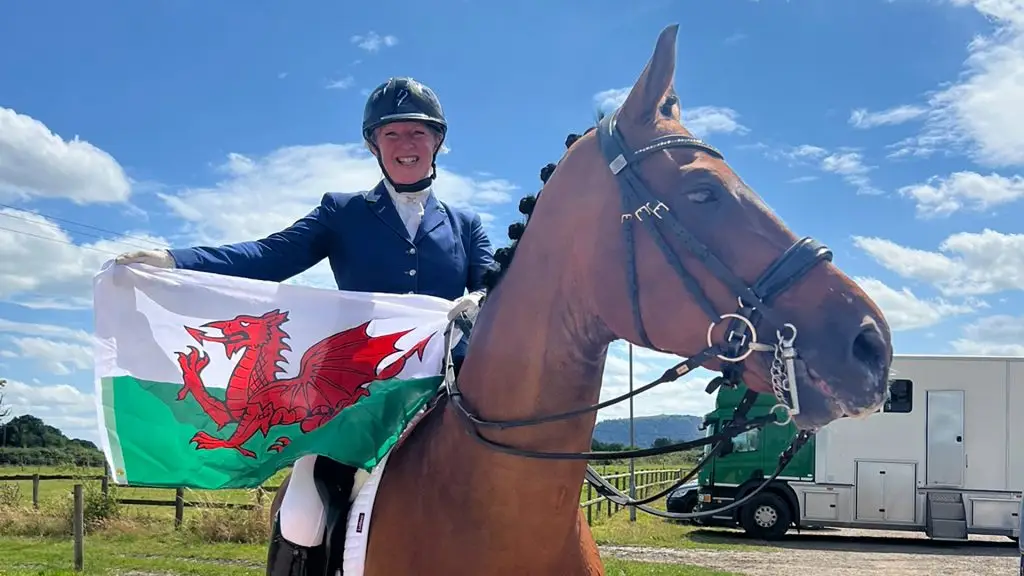
Stephanie Bradley MCIMSPA (Chartered), a freelance British Equestrian Level 4 coach from Wrexham, is the first to have achieved the status of CIMSPA Chartered Coach Developer.
Whilst running Whitegate Farm Livery and Equestrian Training Centre and operating an independent saddle fitter’s business day to day, Stephanie is also in the midst of doing a doctorate. Her PhD is based around her award-winning research which investigates the impact of perimenopause on female equestrians to support both riders and coaches.
As well as passing on her wisdom to others, Stephanie is very much an active member of the Welsh dressage team and recently competed at the Senior Home Nations. She aspires to soon compete for Team GB on the international stage.
It’s not just equestrian sport that drives Stephanie; she also has a deep-rooted passion for field hockey. This passion has led her to compete for Wales at the Masters World Cup in New Zealand.
“It made me feel like I could really make a difference”
Stephanie started off by telling us more about the path she had taken to become a coach developer.
“Getting accepted on the Wales Coach Developer Programme in 2020 was a real turning point for my coach development.”
What is a coach developer?
Coach developers are expert support practitioners who plan for, implement, and sustain strategies and interventions in support of skilled performance in sport coaching. The coach developer’s work is educational, developmental, caring and support-oriented, and they work with other stakeholders in the coaching environment to support sustainable behaviour changes. In their role, they:
- help coaches to develop active, critical knowledge and skills
- develop relationships with the coaches they develop
- assess coaches’ workload, knowledge, skills and experiences to tailor learning
- use technical skills to evolve effective strategies and manage challenges
- prioritise the health and wellbeing of coaches.
“It was incredibly rewarding to see and hear how much my influence had helped him progress”
Stephanie went on to talk about a number of coaches she had worked with as a coach developer, including two coaches at a Premier League football club and two coaches at Welsh Gymnastics:
“Whilst studying and getting the academic credentials is great, it was when I got out into the field and got that first-hand experience that made realise just how much of a positive impact I could have on these individuals in the capacity of a coach developer.
“I worked with a hockey coach. He really was a very good coach but lacked the gravitas and the confidence to reach out and develop relationships with external organisations. I could see this was holding him back.
“We spent a lot of time talking about his confidence and how he could build relationships within the sector. I’d suggested broadening his outlook and looking at a variety of sports to help spark some development ideas. With this in mind, I introduced him to RGC (Rygbi Gogledd Cymru 1404, who represent North Wales Rugby) and explained that a lot of the challenges they faced were similar to those that he faced.
“And so, he spent some time talking to them and came back absolutely buzzing with lots of ideas to utilise in his academy. It just made me realise how much we are facilitators as much as coach developers in suggesting ‘Have you tried this?’ or ‘Have you thought about speaking to these people?’
“He said to me ‘This is the best thing I could have done. I’ve gone back to my academy and made some simple but really effective changes.’
“It was incredibly rewarding to see and hear how much my influence had helped him progress.”
“It’s different, and every conversation brings a new challenge”
Stephanie then touched on her experience so far as a coach developer and how she has learnt to adapt her approach based on the individual she was working with.
“So, in a nutshell, I love it. I love the work. I think it’s fascinating. It’s different, and every conversation brings a new challenge.
“I love getting to know the people and developing an understanding of who they are and what makes them tick. Then adapting my behaviour to enable me to better communicate with them.
“But trying to do it in a genuine way rather than it being fake or forced. I call it flexing. You’ve got to flex your behaviour a little bit to try and get the best results. Sometimes you have to be tough, whereas other times an empathetic approach will yield the best results.”
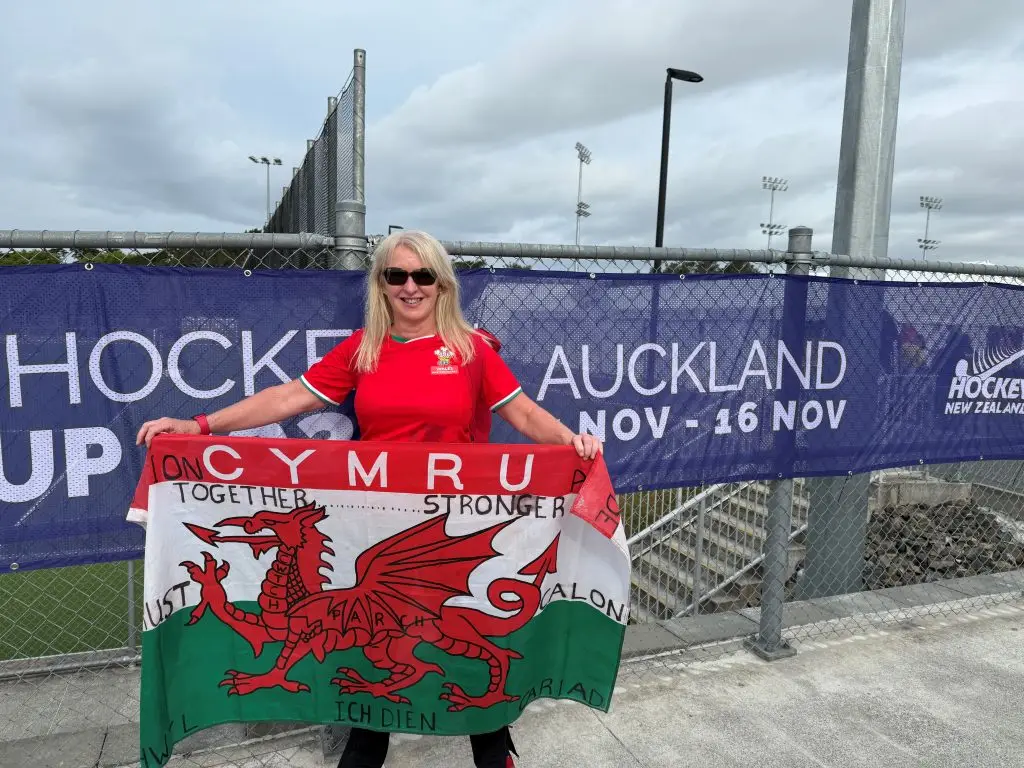
“The mindset needs to change“
Whilst it was clear Stephanie very much enjoyed her role, there were a few barriers that she wants to address in order to enable better traction within the sector. One of these was the common misconception of a coach developer’s role.
“Coach developers can often be seen as a potential solution to assist a coach who maybe isn’t achieving the results an organisation may expect of them. Whilst we can help in that situation, it absolutely is not confined to that. The last thing we want is to be perceived as the ‘coach police’ – that’s absolutely not who we are.
“The mindset needs to change. We need organisations to be saying ‘these are my star coaches, I want to keep them and therefore I need to invest in them because they are the coaches of the future.’
“I think all coaches can absolutely benefit from this sort of insight. You just have to be open to bettering yourself, instead of fearful of what might get picked up on.
“I remember being observed doing assessments and coaching sessions, and I 100% know I benefitted from the feedback. I got such a lot out of it. I think everybody should feel comfortable in that environment and move away from seeing it as criticism or a judgement of them. It’s an opportunity to improve your output and therefore the quality of the coaching you can supply.
“If you’re a coach and would like to further develop, or if you head up an organisation where coaches are at the forefront of your operations, I implore you to be proactive and seek out a coach developer.”
“It’s about creating positive experiences“
Another area that Stephanie was keen to challenge was around the perception of what makes a great coach, to ensure our present and future coaches are judged on what really matters.
“Performance-related results are not the sole criteria to judge high performing coaches by. A toxic culture run on fear, where nobody is happy, can sometimes yield short-term results.
“Whilst I understand from an investment point of view, and non-government organisations or clubs want to see tangible results, this should not be the only barometer for success.
“With my coaches, I will focus on creating positive experiences and a culture that is built on encouragement and striving to be the best you can. The goal being we develop environments that are going to help maintain or increase participation and ultimately make sure people stay active throughout their life and reap the benefits this brings.”
“That’s incredibly important to me”
Focusing on her achievement in being issued chartered status, we then asked Stephanie what it meant to her both personally and professionally.
“Having a qualification or status gives me the confidence and sense of worth to enable me to stand up in front of people and proudly say ‘I’m a coach developer’.
“If I’m met with any resistance or anyone questions my credentials I can say ‘Actually, I’ve spent two years studying to get this qualification, which along with my practical portfolio has enabled me to gain the recognition of chartered coach developer from the chartered institute for the workforce in the sport and physical activity sector’. That’s incredibly important to me.
“With the work CIMSPA are doing in raising awareness of the roles in our sector and the professional statuses that can be achieved, the demand for people with this sort of professional recognition will only continue to grow and grow. Organisations will be able to demand exactly the type of status they want a prospective employee to have achieved.”
“It makes people sit up and take notice of what you have to say”
Stephanie went on to tell of how she utilises her postnominals to aid her in gaining the professional recognition her professional status brings.

Discover how professional status can support your sport and physical activity career and help develop your path towards chartered status
Professional status offers clear and accessible pathways for you to grow through. By completing training aligned with professional standards – developing specialist skills along the way – and meeting defined criteria, you can take each step forwards with the support of CIMSPA.
Employers use professional statuses to shape job descriptions and plan for employee professional development. Getting yours allows you to gain new roles more easily and be a first step towards increased responsibility in your current role, too.
“Postnominals are a big thing for me. It really helps to gain that recognition from the wider sector on platforms such as LinkedIn. It makes people sit up and take notice of what you have to say.
“I have multiple email footers dependent on who I am emailing, but my postnominals go on all of them.”
“Being able to present my evidence was a huge plus for me”
The conversation then moved on to the process Stephanie went through in working with CIMSPA to become the inaugural coach developer to be issued with chartered status.
“As I was the first to go through this specific process, there was always going to be a few challenges along the way. My assessor remained very patient, and we got there in the end with a few learnings that will improve the process for future applicants.
“Being able to present my evidence was a huge plus for me. Rather than writing thousands of words, I could talk through my experience and achievements by stating, for example ‘This is an example of where I had a overcame a concern. This is an example of developing somebody and giving feedback’.”
“Having a chartered status gives the sector and the public the confidence they need”
Finally, we asked Stephanie for her take on the value of chartered status in terms of providing professional recognition within the sport and physical activity, and allied sectors.
“It’s huge. It’s absolutely huge.
“Within our sector, there are so many organisations that provide training and coaching. Sometimes it’s difficult to know which ones hold the most weight. Having a chartered status through CIMSPA cuts through all that and gives the sector and the public the confidence they need in you as a professional who has a proven track record for delivering outstanding sport and physical activity experiences.
Chartered status
Chartered status is a mark of distinction awarded to those who have demonstrated true excellence, innovation and impact within their field.
Chartered professional statuses are issued by CIMSPA for a wide range of occupations in the sector, spanning from coaches to senior managers.
“For anybody thinking about applying for chartered status, I would say do it. Just do it. The reflection on your career is really beneficial and serves as that reminder of all the great things you have achieved.”





